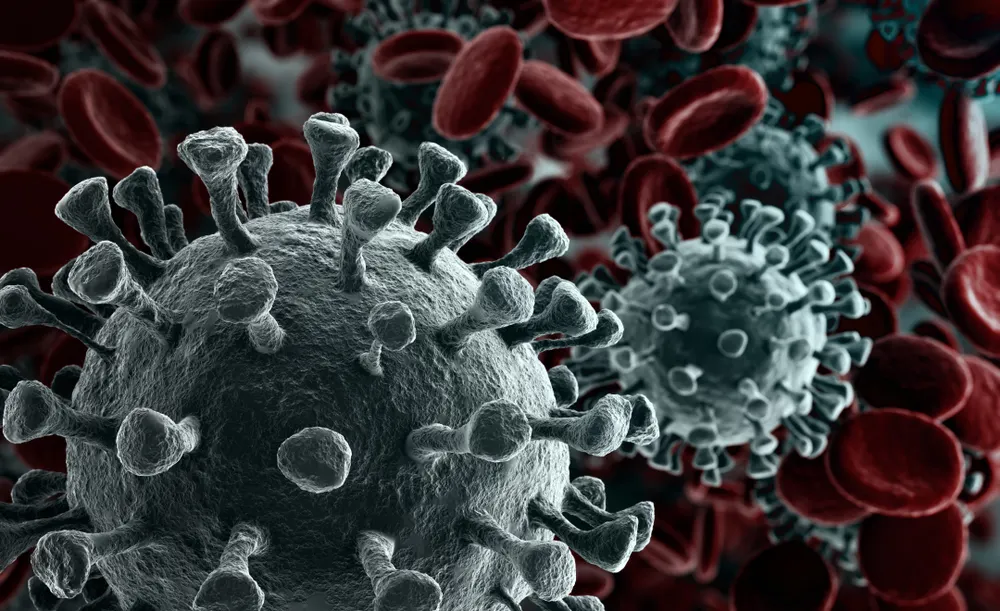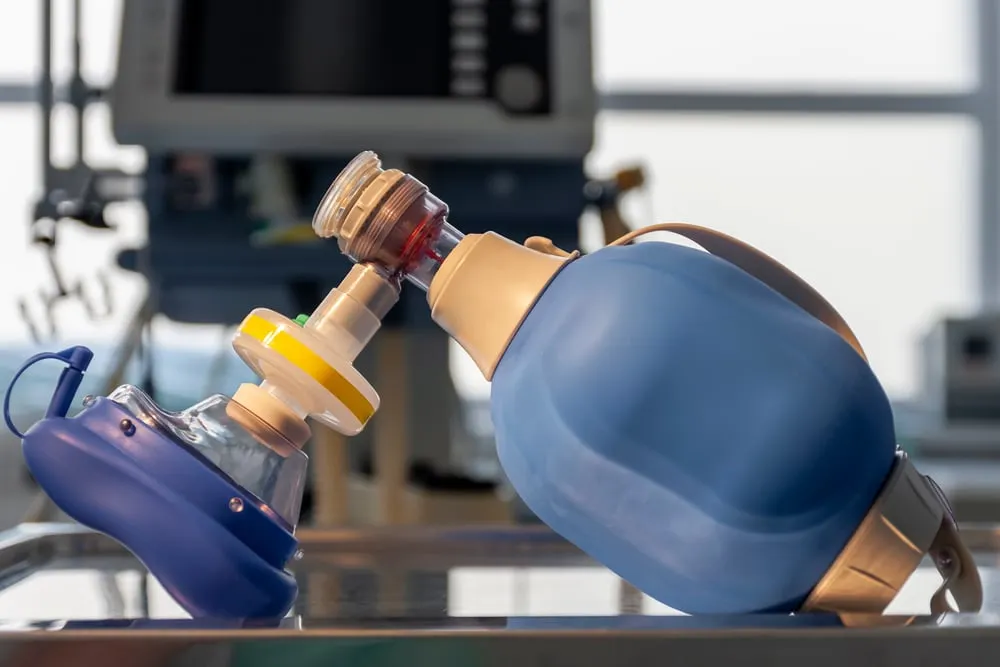In brief
- The world is working together to find a cure for the coronavirus.
- This is an unprecedented show of communication and collaboration.
- Even those at home are contributing to a distributed network of computing power.
Bitcoin changed the world by turning silos of monetary information into one big, global ledger. This global covid-19 pandemic is having a similar effect on science.
Up until now, scientists have increasingly worked in competition with one another. While collaboration does exist in research, especially in academia, there are increasing levels of competition when it comes to access to funding, patents, and intellectual property rights. However, as coronavirus has swept across the world, scientists are sharing their research in ever-increasing numbers.

According to the New York Times, scientists at the University of Pittsburgh recently found a small advancement in the search for a covid-19 vaccine. But instead of keeping the information private, they immediately shared it on a World Health Organization (WHO) conference call.
“It is pretty cool, right? You cut the crap, for lack of a better word, and you get to be part of a global enterprise,” Paul Duprex, a virologist involved with the findings, said. They’re not the only ones.

Healthcare and biomedical research company Medtronic released full design specifications, product manuals, design documents and, in the future, software code for its Puritan Bennett (PB) 560 portable ventilator hardware. A team from MIT produced an open-source, low-cost ventilator design and is aiming to publish it for free for others to copy and manufacture. There are dozens of others, many of which have been documented over on OpenSource.
Dr. Ryan Carroll, a Harvard Medical professor, told the New York Times, “The ability to work collaboratively, setting aside your personal academic progress, is occurring right now because it’s a matter of survival.”
There have already been some breakthroughs. Cornell researchers have found an easier way of mass-producing ventilators, which is now publicly available. The government in Singapore—where the covid-19 virus has been effectively constrained—has made the technology behind its TraceSmart app freely available. And the WHO has organized a global trial in under two weeks to test several promising drugs.
“We are doing this in record time,” Ana Maria Henao Restrepo, a medical officer at WHO’s Emergencies Programme, told Science Magazine.
It’s not just scientists who are helping take part to tackle covid-19. While millions of people are stuck at home in lockdown, they are getting involved too.
As Decrypt reported, one million people are now contributing to the Folding@Home initiative. By offering their spare computing power, they have created a global supercomputer solely focused on understanding the covid-19 virus. It now has one exaflop of processing power, while Summit, officially the world's fastest supercomputer in November 2019, can only manage around 150 petaflops (or 0.15 exaflops). This is one of the largest distributed science programs in the world, and it’s all about decentralized collaboration.
This isn’t to say that centralized companies aren’t playing a role, too. Elon Musk has offered up his manufacturing facilities at Tesla and SpaceX to help manufacture 50,000 face masks, and has already purchased 1,255 ventilators to give out. Mercedes has helped develop breathing aids in collaboration with engineers from University College London. Dyson is building 10,000 ventilators after developing one from scratch in a week.
But the real success story here is global, decentralized collaboration. If only it was on a blockchain.

